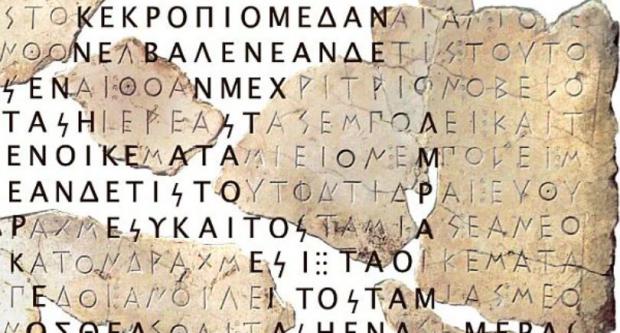
Breaking News
 FDA Removes Web Content Saying Cellphones Are Harmless - HHS Launches Study
FDA Removes Web Content Saying Cellphones Are Harmless - HHS Launches Study
 If Britain Bans X, How Far Will It Go To Block Free Speech?
If Britain Bans X, How Far Will It Go To Block Free Speech?
 Border Czar Tom Homan Has Plan To Target Anti-Ice Agitators
Border Czar Tom Homan Has Plan To Target Anti-Ice Agitators
 Minneapolis "Now Crawling With National Guard" Amid Ongoing Protests
Minneapolis "Now Crawling With National Guard" Amid Ongoing Protests
Top Tech News
 Solar Just Took a Huge Leap Forward!- CallSun 215 Anti Shade Panel
Solar Just Took a Huge Leap Forward!- CallSun 215 Anti Shade Panel
 XAI Grok 4.20 and OpenAI GPT 5.2 Are Solving Significant Previously Unsolved Math Proofs
XAI Grok 4.20 and OpenAI GPT 5.2 Are Solving Significant Previously Unsolved Math Proofs
 Watch: World's fastest drone hits 408 mph to reclaim speed record
Watch: World's fastest drone hits 408 mph to reclaim speed record
 Ukrainian robot soldier holds off Russian forces by itself in six-week battle
Ukrainian robot soldier holds off Russian forces by itself in six-week battle
 NASA announces strongest evidence yet for ancient life on Mars
NASA announces strongest evidence yet for ancient life on Mars
 Caltech has successfully demonstrated wireless energy transfer...
Caltech has successfully demonstrated wireless energy transfer...
 The TZLA Plasma Files: The Secret Health Sovereignty Tech That Uncle Trump And The CIA Tried To Bury
The TZLA Plasma Files: The Secret Health Sovereignty Tech That Uncle Trump And The CIA Tried To Bury
 Nano Nuclear Enters The Asian Market
Nano Nuclear Enters The Asian Market
 Superheat Unveils the H1: A Revolutionary Bitcoin-Mining Water Heater at CES 2026
Superheat Unveils the H1: A Revolutionary Bitcoin-Mining Water Heater at CES 2026
 World's most powerful hypergravity machine is 1,900X stronger than Earth
World's most powerful hypergravity machine is 1,900X stronger than Earth
Google's DeepMind AI fills in the blanks on broken ancient texts

To aid research into the history of human writing, the company has now turned its technology to the task of restoring incomplete ancient texts, where it has performed with an impressive degree of accuracy.
In the last five or so years we've seen DeepMind's AI technology take some impressive leaps that have demonstrated its practical potential and ability to tackle some of the most complex problems in science, like those mentioned above. Other examples include improving the accuracy of rain forecasting, beating the world's best Go players and cutting costs at parent company Google's data centers.
In turning its hand to ancient history, DeepMind now aims to bring new clarity to ancient inscriptions that have become damaged, moved from their original location or are unable to be accurately dated. To do so, DeepMind researchers teamed up with historians and scientists in Italy, England and Greece, and trained the AI on the largest digital dataset of Greek inscriptions, using both individual characters and complete words as inputs.
The resulting AI tool, which the team has called Ithaca after the Greek island described in Homer's Odyssey, was able to restore damaged texts with an accuracy of 62 percent, identify their original location with 71 percent accuracy and correctly date texts to within 30 years of their true date of creation.



